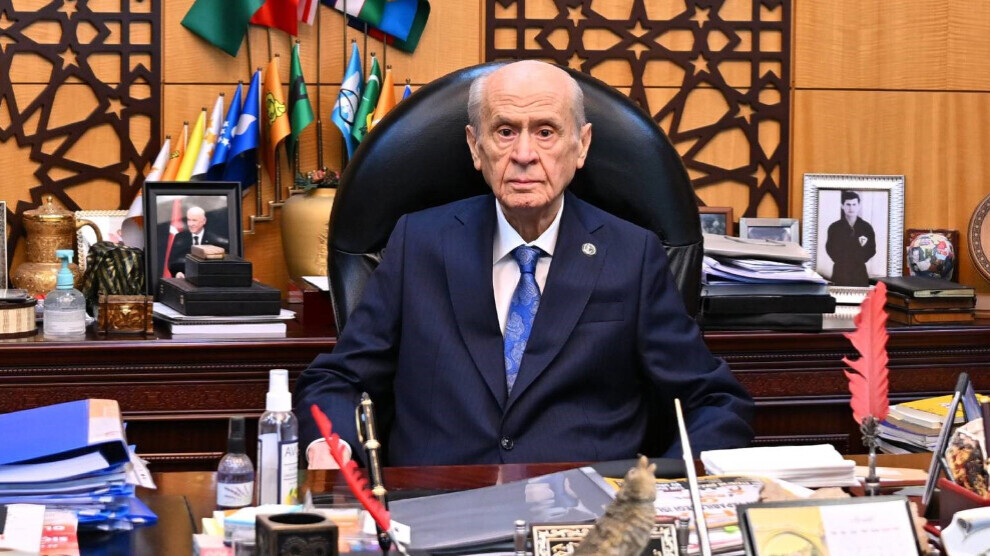Bahçeli calls for roadmap and proposes establishment of a 100-member commission
Devlet Bahçeli has called for the establishment of a "National Unity and Solidarity Commission" in response to the recent congress decisions made by the PKK.
Devlet Bahçeli has called for the establishment of a "National Unity and Solidarity Commission" in response to the recent congress decisions made by the PKK.

Devlet Bahçeli, leader of the Nationalist Movement Party (MHP), has called for the establishment of a 'National Unity and Solidarity Commission' in response to the recent congress decisions made by the PKK. He proposed that the commission be formed with participation from all political parties represented in the Turkish Grand National Assembly (TBMM).
In a message published on 19 May, the day of the Atatürk, Youth and Sports Day, Bahçeli referred to the PKK’s congress decisions and said: "A sensitive, delicate, fragile, and patience-demanding new phase has been entered."
He warned against provocation and political opportunism, saying: "There should be no room for provocation, misunderstandings, or sensitivities that arise from trivial matters. Everyone must use responsible language, avoid falling into the trap of divisive political debates, and refrain from pursuing ideological or political gain. We must remain on the path of reason and common sense. Reacting emotionally and irrationally is not in line with our faith and values."
Declaring that "peace is not a one-winged bird," Bahçeli added: "Just as it is impossible to fly with one wing, true progress requires the participation, confidence, magnanimity, patience, prayers, and ownership of our entire nation."
Call for establishment of a 'National Unity and Solidarity Commission'
Bahçeli said: "In order to determine the roadmap for the upcoming period, the most reasonable option would be the establishment of a commission in the TBMM, which is the embodiment of the national will, comprising representatives from all segments of society and all political parties. In line with parliamentary tradition, we propose that the Speaker of Parliament call for the formation of a 'New Century Strategy for a Terror-Free Turkey: National Unity and Solidarity Commission.' This commission should consist of 100 members, including representatives from all 16 political parties currently represented in the Parliament. Additional subcommittees may be formed based on the commission's needs."
Bahçeli outlined the following points regarding the structure and functioning of the commission:
"Each political party represented in Parliament should have at least one member on the commission, and the remaining members should be allocated proportionally according to the size of party groups.
Each party should be allowed to appoint two experts to work with the commission.
The commission should determine its own working principles and procedures.
The Speaker of Parliament should chair the commission.
Decisions within the commission should be made by absolute majority.
Decisions made by the commission should be turned into legislative proposals by MPs and submitted to the relevant parliamentary committees and the General Assembly."